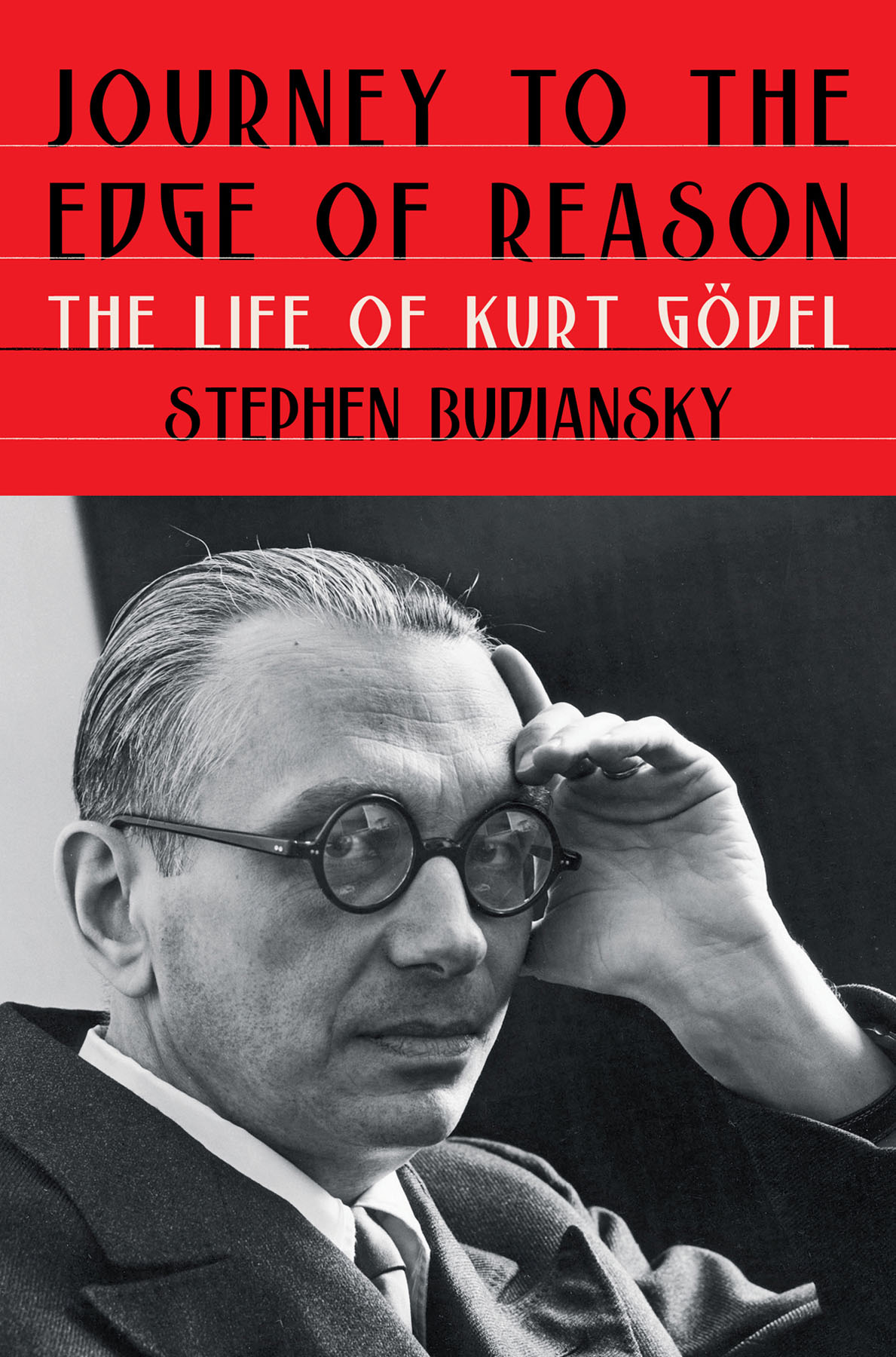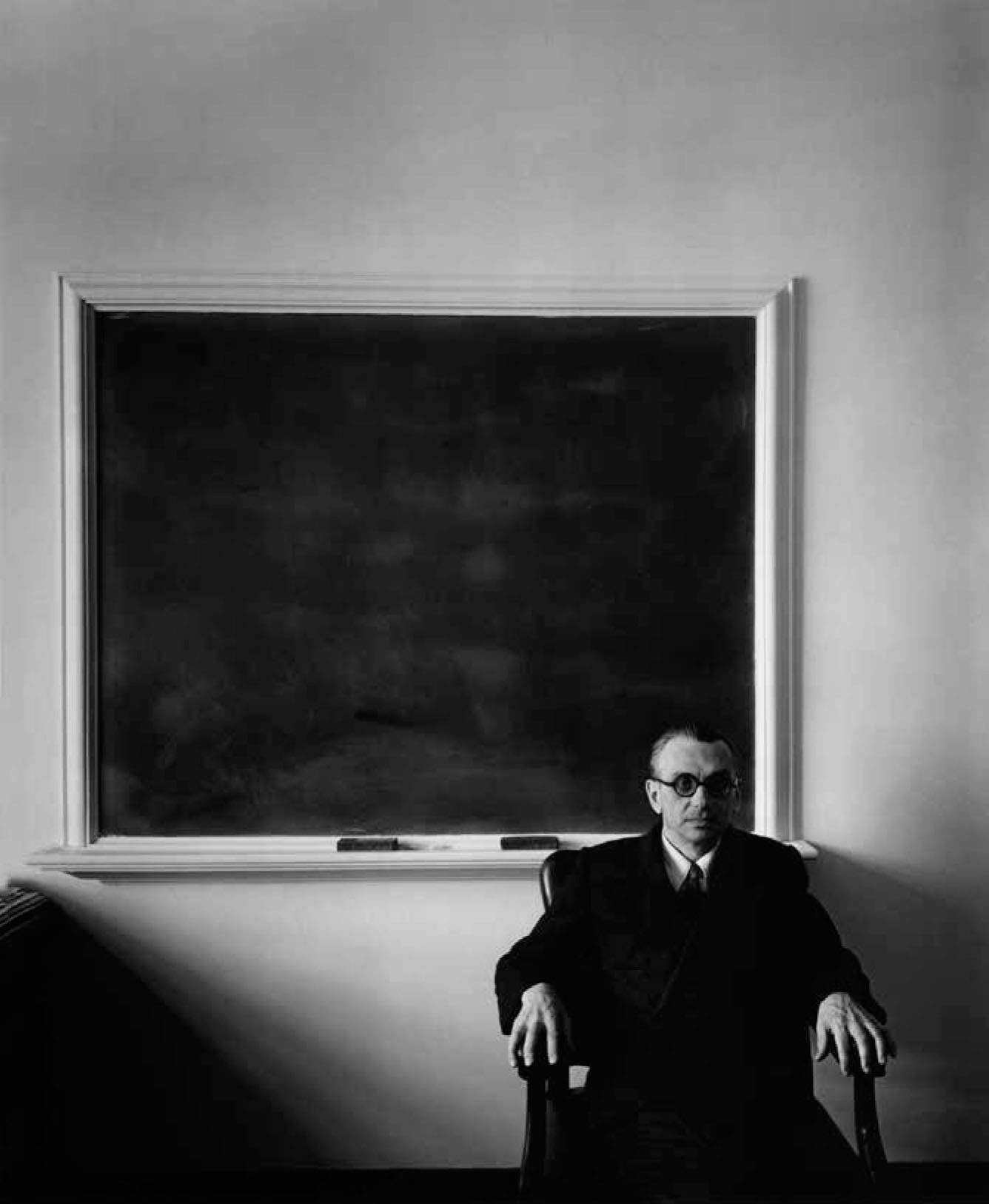Stephen Budiansky - Journey to the Edge of Reason
Here you can read online Stephen Budiansky - Journey to the Edge of Reason full text of the book (entire story) in english for free. Download pdf and epub, get meaning, cover and reviews about this ebook. year: 2021, publisher: W. W. Norton & Company, genre: Detective and thriller. Description of the work, (preface) as well as reviews are available. Best literature library LitArk.com created for fans of good reading and offers a wide selection of genres:
Romance novel
Science fiction
Adventure
Detective
Science
History
Home and family
Prose
Art
Politics
Computer
Non-fiction
Religion
Business
Children
Humor
Choose a favorite category and find really read worthwhile books. Enjoy immersion in the world of imagination, feel the emotions of the characters or learn something new for yourself, make an fascinating discovery.

- Book:Journey to the Edge of Reason
- Author:
- Publisher:W. W. Norton & Company
- Genre:
- Year:2021
- Rating:3 / 5
- Favourites:Add to favourites
- Your mark:
- 60
- 1
- 2
- 3
- 4
- 5
Journey to the Edge of Reason: summary, description and annotation
We offer to read an annotation, description, summary or preface (depends on what the author of the book "Journey to the Edge of Reason" wrote himself). If you haven't found the necessary information about the book — write in the comments, we will try to find it.
Journey to the Edge of Reason — read online for free the complete book (whole text) full work
Below is the text of the book, divided by pages. System saving the place of the last page read, allows you to conveniently read the book "Journey to the Edge of Reason" online for free, without having to search again every time where you left off. Put a bookmark, and you can go to the page where you finished reading at any time.
Font size:
Interval:
Bookmark:

JOURNEY
to the EDGE
of REASON

The Life of Kurt Gdel
Stephen Budiansky

to the EDGE
of REASON

At the Institute for Advanced Study, 1956
MARCH 1970. The psychiatrist moved his pen swiftly across the yellow sheets of lined notebook paper, recording facts, strange and mundane, about his new patient. Einstein had called him the greatest logician since Aristotle, and even in Princeton, that town with more Nobel Prize winners than traffic lights, his otherworldly genius had stood out. The work he had done forty years earlier, at age twenty-four, had brought fame and recognition from around the worldthe most significant mathematical truth of the century, a staggeringly brilliant and paradoxical proof that no formal mathematical system will ever capture every mathematical truth within its own bounds.
But now he was tormented by demons, of failure and persecution. The psychiatrist wrote,
Kurt Gdel 64. Married 32 years. Adele 70. No children. Wife had been married once before.
Thought he came for evaluation of mental competencywhich I deniedto help him if could. Came at insistence of brother & wife.
Belief that he hasnt achieved goals that he set out for himselfhence a failuretherefore other people, particularly the Institute, will also regard him as a failure & try to get rid of him. Believes he has been declared incompetent & that one day they will realize he is free & take him away as being too dangerous.
Fear of destitution, loss of position at Institute because hasnt done anything for past yearhas done hardly anything for 35 years45 uninteresting papers. Took on big subjects, may not have been talented enough. Usually works on his own, in way & fields that are opposed to current stream. Possible that he feels guilty about not being productive & achieve similar acclaim as he did as a young man.
It was unseasonably warm for Princeton, a bright sun blazing through clear sky to push the temperature to a summerlike 71 degrees, when Gdel arrived for his first session with Dr. Philip Erlich. But inside the psychiatrists office, a quiet brick house on Nassau Street that had stood since ten years before the American Revolution, he kept his overcoat on, complaining of the cold. Sometimes he would show up wearing one or even two sweaters as well, an odd counterpoint to the Old World formality that his dress and manner otherwise proclaimed: well-cut suit, sharp creases carefully pressed in trousers, grey hair meticulously combed back from the forehead and distinguished with a streak of darker color in the very center that had oddly resisted the forces of age, scholars large round spectacles, precise speaking voice whose clear and resonant cadences summoned up a picture of a more imposing and vigorous man than his perpetually underweight, five-foot-seven-inch frame suggested.

Dr. Philip Erlichs case notes, 1970
He came twice a weekonly, he said, because he feared his wifes rages if he failed to keep his appointments. In desperation she had summoned his brother from Vienna to help deal with the situation when things began to fall apart at the beginning of the year. Rudolf had arrived the first week of April but Gdel immediately had a fight with him, too.
Brought out delusional ideas. Brother is the evil person behind plot to destroy himbecause he wants to take his wife, house & position at Institute. He also feels brother mishandled situation by becoming angry w/him, instead of remaining calm. I defended brothermotivated by good intentions, no desire to harm, called in by wife. I emphasized need for firm action & insistence that p[atien]t see me.
Freud and his theories, the patient riposted, were manifestations of the same materialism that he himself completely rejected in his own work in logic and philosophy. The mind was based on far fewer physical foundations, and far more spiritual influences, than the twentieth century wanted to believe. The medieval thinkers had been right to look upon mental illness as a spiritual infestation. Eventually the truth will be discoveredeven though science is headed in a materialistic direction for the foreseeable future.
Once, he told the psychiatrist that he did not consider his consultations as therapy, but just as talking to a friend. All of his own friends were gone. During their years together in Princeton in the 1940s and early 1950s, he had been by far Einsteins closest companion. Einstein said his own work by then did not amount to much, but he came into the office just to have the privilege of being permitted to walk home with Kurt Gdel. And Gdel solemn, serious, rail thin, immaculately dressed on the hottest summers day in white linen suit and snappy fedora. Yet each day they walked and conversed, animatedly in German, on politics, physics, philosophy, life.

Walking with Einstein in Princeton
But Einstein had been dead for fifteen years. And then, the patient insisted, his one other old and close Princeton colleague, the genial and brilliant economist Oskar Morgenstern, whom he had known ever since the old days in Vienna, had dropped him, abandoned him for no reason. I lost my best friend, he piteously said. Now the Institute for Advanced Study, the academic Elysium that had looked after him with paternalistic solicitude for three decades, was abandoning him, too. He was certainly about to be fired. Or perhaps had already been fired, the decision having been made in secret, and kept from him.
To all of the doctors attempts to reason with him, the patient replied with the iron grip of logic:
Still is convinced of reality of his ideas, & to challenge them would be admission of insanity which would put into question the validity of his lifes work. Either I accepted him as objective & capable of reporting accurately & this led logically to the conclusion; or else spirits could be involved in terms of deceiving him.
But surely, the psychiatrist objected, it would be false for the Institutes director to have just written you a letter affirming your status as a tenured professor with a guaranteed pension when you retirea permanent statement of the Institutes position, the director had emphasizedif he was going to fire you.
Or, look at Einstein, he urged: Like you he did his great work as a young man, and he didnt become depressed.
Or once, in a counsel of complete despair: Try having a glass of sherry before meals.
He tried challenging his patient. You need a villain; sometimes the doctors fill that role, sometimes your brother. You suffer from a secret desire for incarceration from guilt over your perceived failings. You suffer from grossly inflated ego due to your early triumph and the honors showered on you as a young man.
Font size:
Interval:
Bookmark:
Similar books «Journey to the Edge of Reason»
Look at similar books to Journey to the Edge of Reason. We have selected literature similar in name and meaning in the hope of providing readers with more options to find new, interesting, not yet read works.
Discussion, reviews of the book Journey to the Edge of Reason and just readers' own opinions. Leave your comments, write what you think about the work, its meaning or the main characters. Specify what exactly you liked and what you didn't like, and why you think so.



